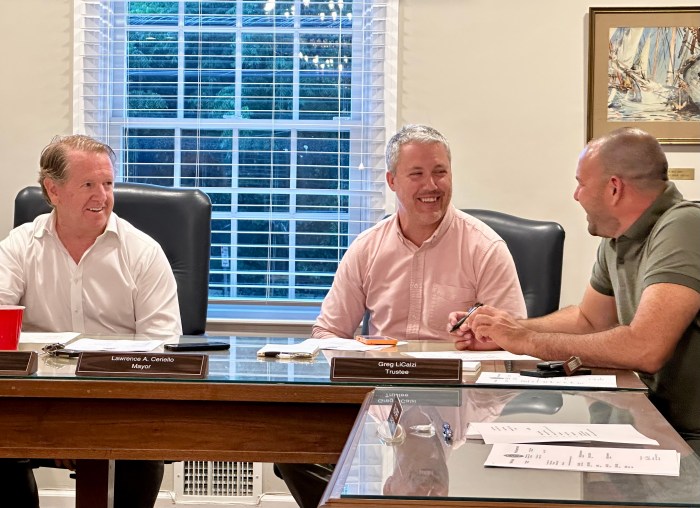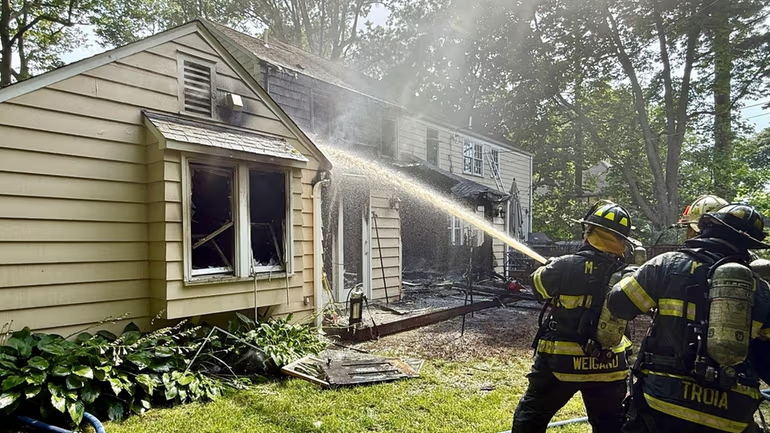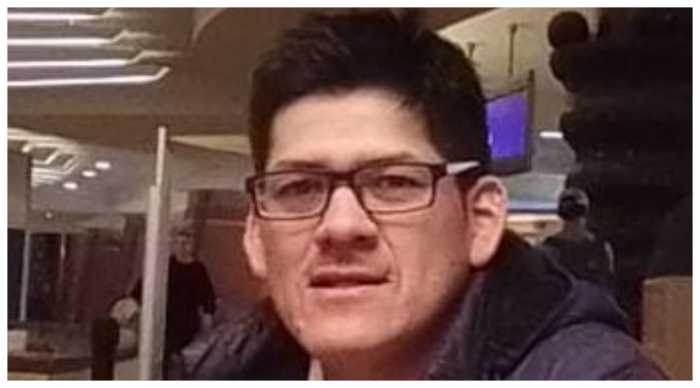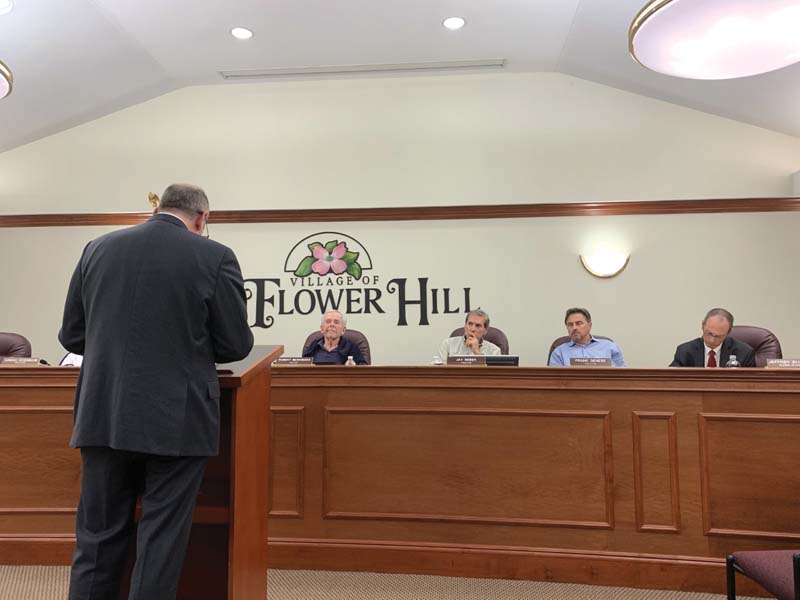
After a series of meetings and public hearings regarding ExteNet Systems’ application for a special use permit to install 18 Distributed Antenna Systems (small cell nodes) in the Village of Flower Hill right of way, the village board of trustees denied the application on Sept. 3.
“I’d like a motion to deny the ExteNet application based upon the written findings reasoning set forth in what the village attorney Blinkoff has marked as Exhibit A and to adopt a written finding reasoning in support of the denial,” Mayor Robert McNamara said.
Deputy Mayor Herrington seconded the motion and the board unanimously agreed to deny the application. The board was met with loud applause and thank-yous from residents who came out to witness the decision.
Exhibit A, which details why the village decided to deny the application, can be found on the village’s website, www.villageflowerhill.org.
Exhibit A explains that the examples ExteNet provided of possible types of decorative poles were not in line with the village’s aesthetic of single-family homes. It also reads that ExteNet refused to provide, to scale, specific photo simulations of the decorative street lights; failed to address height concerns and additional comments regarding specific nodes; failed to address the village’s consultant CityScape’s comments that the company did not provide sufficient analysis or indication that the existing or proposed poles can support additional equipment; and failed to provide proper notification of landowners within 1,500 feet of any property of the proposed nodes.
“As of [Aug. 5], ExteNet had still not specified the exact locations and designs of the proposed nodes despite repeated requests by the village for clarity. ExteNet’s attempt to shift the burden to the village board to select and finalize the proposed design and location for each node for purposes of seeking and obtaining the board’s approval or denial thereof is improper, invalid, and does not fall within the parameters of reasonable ‘conditions’ which the board may impose with respect to special use permits generally,” reads Exhibit A.
Prior to the denial, the village’s special counsel on the matter, Edward M. Ross, of Garden City’s Rosenberg, Calica & Birney LLP, explained the board also had concerns because ExteNet has selected and finalized proposed designs and locations for the proposed nodes in other municipalities among alternative proposed locations for the purpose of seeking and obtaining a municipal board decision, but did not do so in Flower Hill. He also asked if ExteNet’s attorney, Christopher Fisher, would like to reopen the record to address matters including information trustee Kate Hirsch heard from an ExteNet representative at a Village of Plandome meeting (ExteNet was contracted by Verizon to build a specific number of nodes in the surrounding area, that no overall reduction in nodes can be made even if less overall or specific nodes would provide the same coverage and that if a node were eliminated somewhere then a node would need to be added elsewhere.) and objections from ExteNet to CityScape’s final report.
“I have no desire to reopen the record, I just wanted to address the matters,” said Fisher. “I think that is an accurate description. ExteNet has a contract with Verizon and it has specific requirements in regards to numbers of nodes and yes, it’s a mandate. That’s part of their projections for this particular area. I think we offered the legal conditions and knowledge of board members to be used in response to CityScape’s suggestion that the application was incomplete and we needed to file a number of new photos. We objected to that characterization.”
“It’s shocking that ExteNet is attempting to fulfill its contractual obligations to Verizon to build a fixed number of wireless nodes throughout Long Island without due regard for specific coverage needs or aesthetic considerations,” Ross said in a statement. “It is well known throughout the industry that numerous mitigation alternatives are available to reduce the actual number of nodes with such devices as minor height increases by as little as five feet. In other cases, the use of macro sites or cell towers, or improvements to existing towers, can also reduce the number of small-cell sites required to meet purported coverage needs or objectives.”
The public hearing regarding the application has been open since May 6 and closed on Aug. 5. At the Aug. 5 board of trustees meeting, the board unanimously moved to close the public hearing with the exception that further public comment would be taken from any property owners who hadn’t previously been notified of the public hearings, for public comment on any amendment to the application regarding new or different nodes and that the record would remain open for written comments submitted on or before Aug. 16 and any responses on or before Aug. 23.
Exhibit A states, “ExteNet has taken the position that the hearing, application and review process are deemed closed and that the village board is required to render a decision on its application by Sept. 3.”
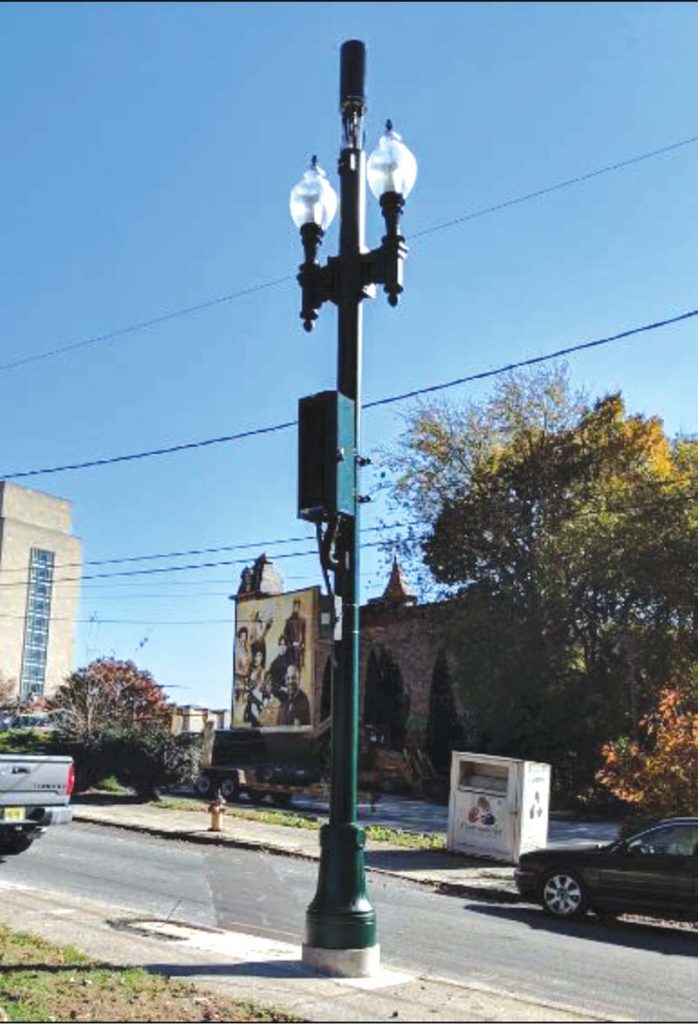
When Anton Media Group reached out to ExteNet’s Richard Lambert, regional director of external relations, east, he said, “There is a tolling agreement we all signed and based on the tolling agreement, there were certain dates that were placed in there and one of the things considered were if we weren’t going to make any additional modifications to the application, which we didn’t, the date for the approval was on [Sept. 3]. We had not submitted any amendments.”
While Lambert said Flower Hill’s decision will not affect any of the plans in other villages, like Plandome and Plandome Manor, he explained ExteNet is looking at all of their options now that the application has been denied.
“We’re looking at all opportunities and what makes the most sense for us and right now everything is on the table, but we don’t know what we’re going to do as of right now,” Lambert said. “We could reapply, we have other options, too.”
When Anton Media Group asked Lambert if ExteNet were to sue—an option the company has taken with the Village of Lake Success—what the timetable would be, Lambert said ExteNet would have 30 days after the decision to file a complaint, as per FCC regulations.
“It’s based on the municipality and what they want. This application was actually far more in depth than many others we’ve seen [approved],” Lambert said. “What we wanted to do and what we thought we did, was work with the community to find and look at alternatives to the sites we made applications for. We were never told what the community really wanted and so it’s hard for us to make an application again because even at this time we don’t really know what the community wants. We know what they don’t want, but not what they want to consider. We’d need that information to make the application again, which they may provide to us. If we choose to reapply, we’d need to know more details of their wants.”
Ross, who also represents Lake Success in its federal lawsuit with ExteNet, said it is unclear what ExteNet will do next.
“They have shown a proclivity to sue in the case of Lake Success,” said Ross when speaking with Anton Media Group. “I think ExteNet is trying to railroad communities and as far as what municipalities can do. Communities can work with competent consultants and they can enforce or in some cases adopt appropriate local laws that fall in the jurisdiction Congress and the FCC has exempted and reserves for localities like the Village of Lake Success, Flower Hill and others.”




